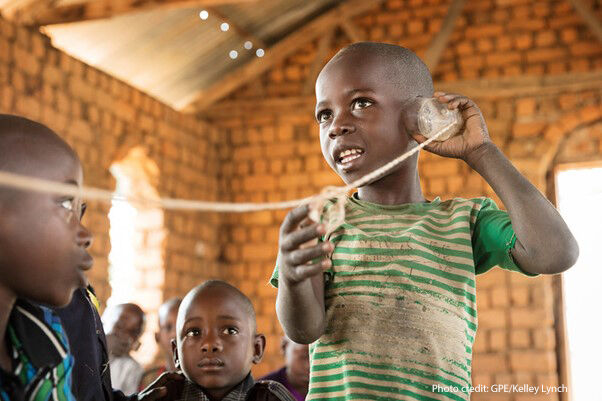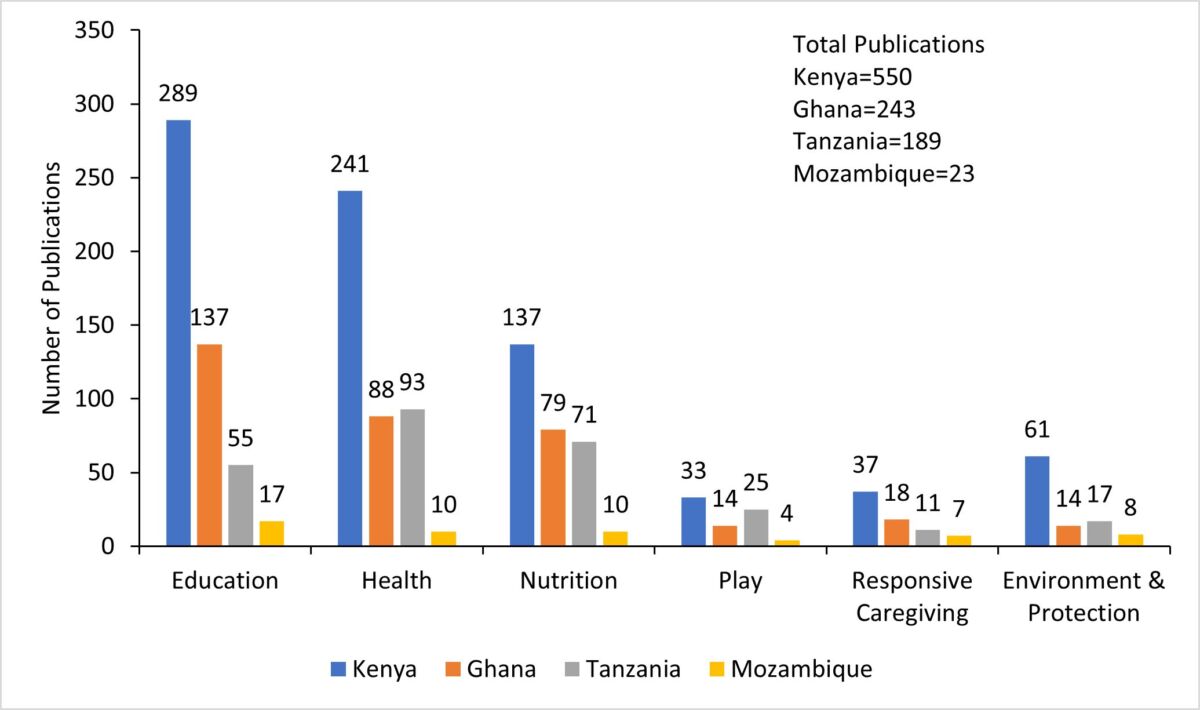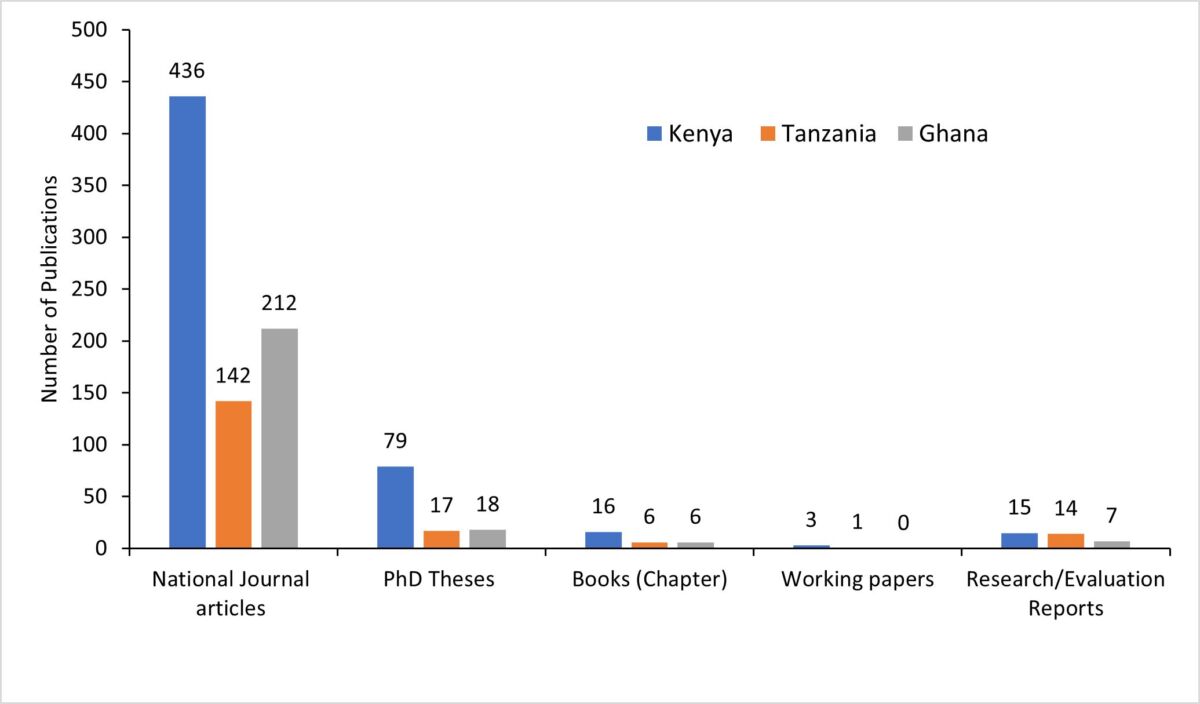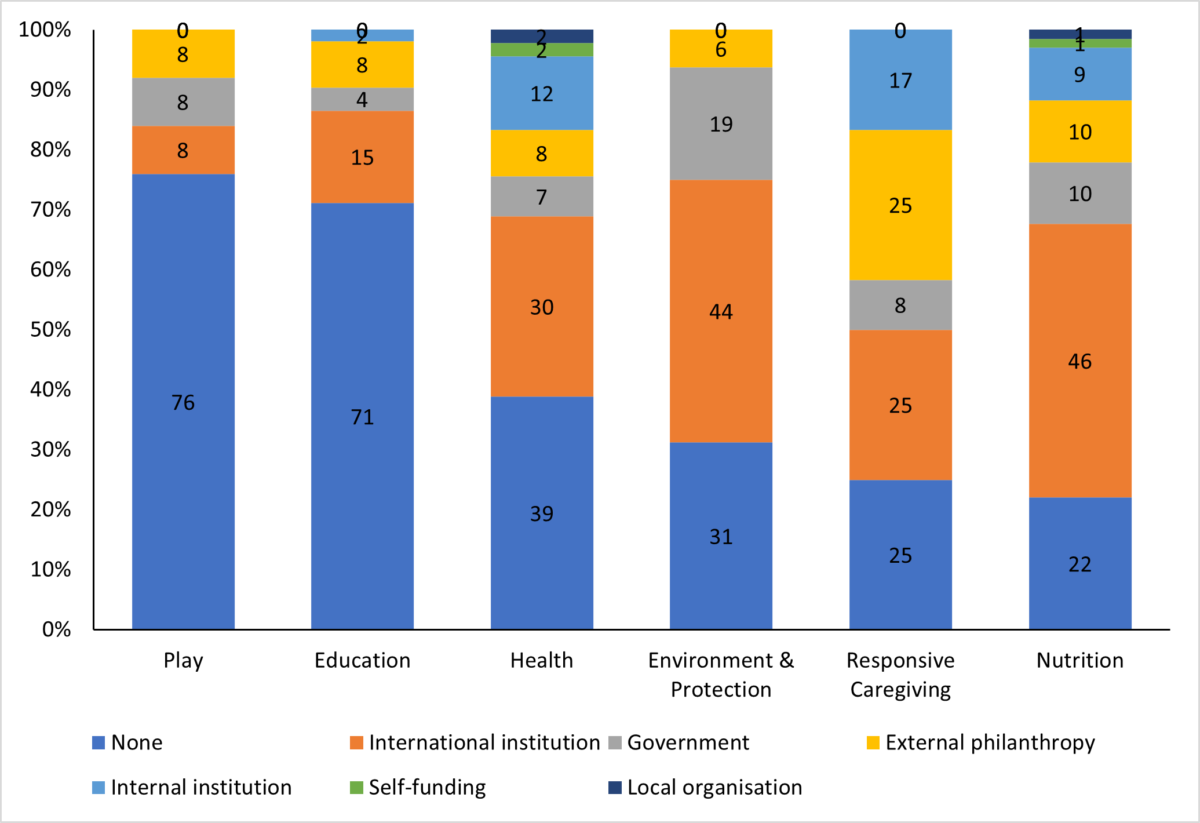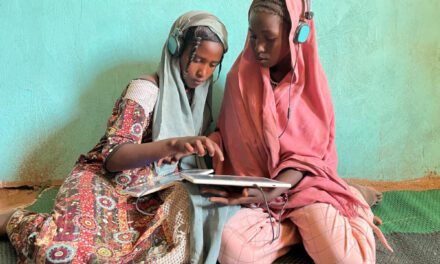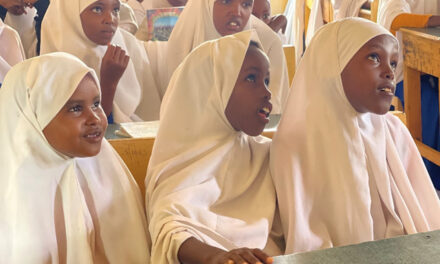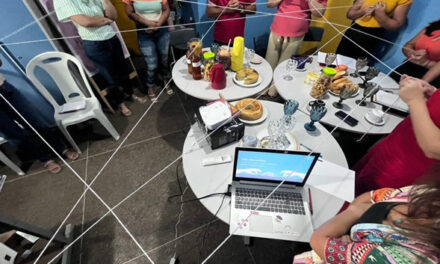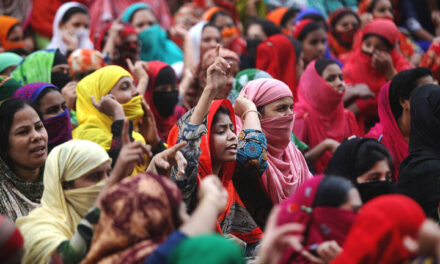This blog was written by Dr Eunice Mueni Williams, Research Associate, Research for Equitable Access and Learning (REAL) Centre at the University of Cambridge. For the 2023 UKFIET conference, 32 individuals, including Eunice, were provided with bursaries to assist them to participate and present at the conference. The researchers were asked to write a short piece about their research or experience.
There is growing focus on localisation and decolonisation of research evidence from the Global South. This is driven by the acknowledgement that locally-contextualised and practice-derived research is better placed to inform local investments, policy and practice. Yet, norms of research quality and/or excellence tend to privilege knowledge from the Global North, and exclude the knowledge of local and indigenous communities. More often, research produced by the Global South is seen as peripherical, with scientific authority, knowledge and expertise confined to their own regions. This disparity limits the availability of locally grounded and based evidence relevant for continued public debate, with low visibility of research publications in international databases and journals. This epistemic injustice is compounded by multiple barriers, including high publication fees language barriers and high rejection rates. Owing to these challenges, research by Global South scholars may remain unpublished or published only in local or regional journals.
The development of the African Education Research Database has helped to increase the visibility of publications in high impact journals by African authors. This has meant that an increasing number of these publications are available. The number of publications available through this database, or searches in other international journals and databases, however, underestimate the amount of high-quality research conducted by researchers based in African countries.
In a recent activity, as part of an ongoing collaboration between the REAL Centre at the University of Cambridge and the charity Education Sub Saharan Africa, we have been mapping early childhood development (ECD) research by African scholars, covering the period between 2010 and June 2023. We focused on ECD because, although ECD is recognised as key for achievement of SDGs and the African Education Agenda, and its importance for school readiness and future life opportunities is well documented, we do not know enough from African researchers about this critical stage and how to improve the provision of services. Yet the African Education Research Database has shown that there are extremely few publications on early childhood education published in international journals. This raises a question of whether research is more readily available within these countries from other sources. Here we reflect on our experience of searching for such literature from Ghana, Kenya, Mozambique and Tanzania.
Our review of African Journals online (AJOL), institutional repositories (universities and other research institutions, policy think tanks, NGOs, international aid agencies, government departments, and foundations), as well as engagement with researchers in the four countries, showed highly uneven number of publications across the four focus countries (Figure 1). Although we also searched for publications in both English and Portuguese in Mozambique, very few were identified, and mostly in English. This reflects dominance of English as the lingua franca of scientific research. The chart also shows that, of the six ECD components, education publications outweigh the other components, including publications on health and nutrition. Interestingly, as we are finding in on-going related work, the pattern is the opposite in our searches in international journals, where health and nutrition dominate (this will be highlighted in an upcoming blog for this series).
Figure 1: Percent of publications for each ECD component (2010-2023)
Figure 2 shows that most of the research is published in national and regional peer reviewed journals. This is despite efforts to source documents from other sources, and could imply pressures to publish, as journal articles are prioritised in promotion and reward systems as a way of delivering prestige and competitiveness. Lack of online visibility of unpublished research including research reports, evaluation reports and working papers is detrimental. It means that a large amount of research could be going to waste as there are no rewards for curating it – either for example, because researchers are not incentivised to make it available, or funders are not allowing or facilitating it to be open access. This non-published research includes, for example, evaluations of programmes that are of relevance and can be more accessible to policymakers and implementing communities, and their availability can be important for generating impact.
Figure 2: Type of publication by ECD component (2010-2023)
We also looked at research funding and who funds what component of ECD. As an example, in Tanzania, we find that more than 70% of research on play or education is not funded, while 60-78% of research in the other ECD components is funded (Figure 3). Despite the low funding rate for education and play, we showed earlier in Figure 2 that there are more research publications on education and play than on responsive caregiving or environment and protection that are receiving much higher funding. This means that research on education and play is happening, despite limited funding. Increased funding could provide an impetus for quantity and quality of research, providing the much-needed evidence to address challenges facing early childhood education.
Higher funding of health and nutrition research could be explained by a higher number of international collaborations compared to the other sectors. A recent mapping of international collaborations between University of Cambridge and researchers based in low- and lower-middle income countries (LIC/LMICs) showed that there are 13 times more publications on health and wellbeing in international journals compared to education. These collaborations could mean that health and nutrition research by African scholars is more likely to be taken into consideration to inform development policies and international agenda setting decisions, compared to research on education, for example.
Figure 3: Funding per publication type for each ECD components in Tanzania (2010-2022)
In conclusion, locally published or unpublished African research exists, but is largely invisible in international spaces and thus is maybe being excluded when developing international and local policies and development agendas. However, there remain major disparities in publication numbers, funding and collaborations across different sectors, and in our case, ECD components. In addition, given that research reports, programme evaluations reports, and working papers can be key tools in influencing public debate and are part of the evidence-base for public policy and practice, there is a need to increase their accessibility. However, since this is still an ongoing exercise, it is possible that identification of more publications through researcher consultations could change this conclusion. We welcome your feedback!
—————-
This is the first in a series of blogs related to increasing the visibility of African research through the collaboration between Education Sub Saharan Africa and the REAL Centre, in order to increase the visibility and use of African research, with a focus on early childhood development and foundational literacy and numeracy. See also the African Education Research Database.
The other blogs in the series are:
Prioritising early learning research in sub-Saharan Africa for equitable learning outcomes

